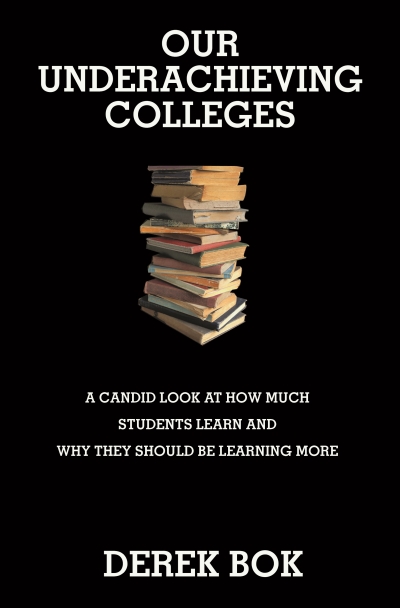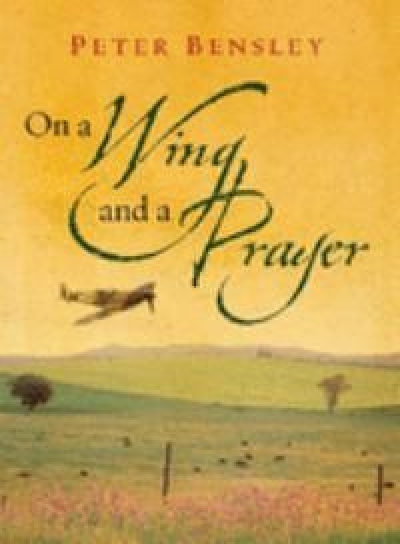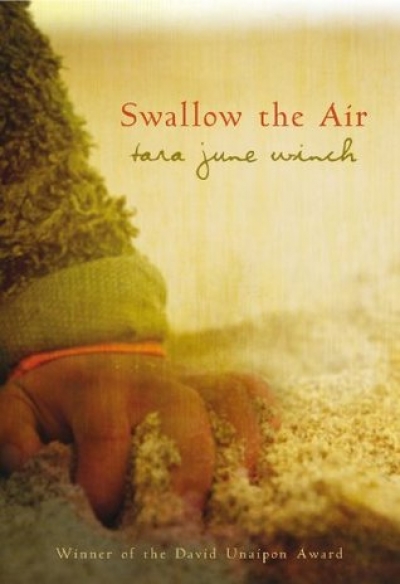Archive
Like all books, picture books are a vehicle of communication, narrative, information and emotions. Because of the adaptability of the picture-book genre, which communicates using both verbal and visual language systems, it is sometimes possible for authors and illustrators to challenge the underlying precepts of the role of language in the communication process.
... (read more)Our Underachieving Colleges: A candid look at how much students learn and why they should be learning more by Glyn Davis
Biplane Houses by Les Murray & Collected Poems by Les Murray
‘The best preserve of our humanity’, Ian Britain writes in his editorial to this edition of Meanjin (Only Human, 63:1, edited by Ian Britain $19.95 pb, 236 pp), remains words. Whatever ‘our humanity’ is, it is protected, kept alive, maintained, conserved – in language. ‘[C]ertainly’, he clarifies, in the ‘honed, considered words of the good … literary artist’, but perhaps even in ‘verbiage’.
... (read more)






